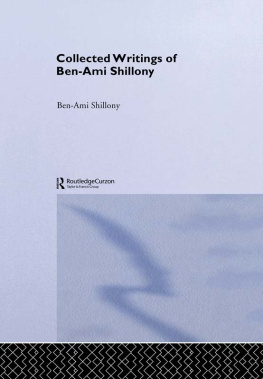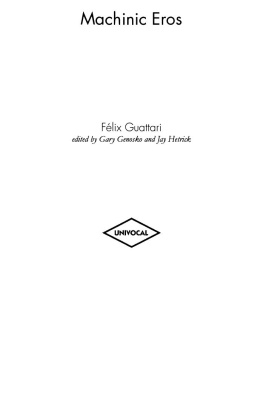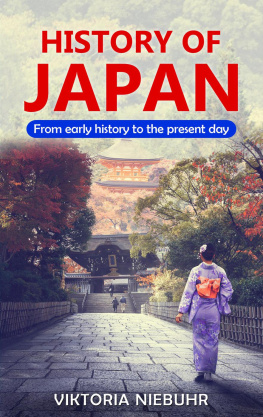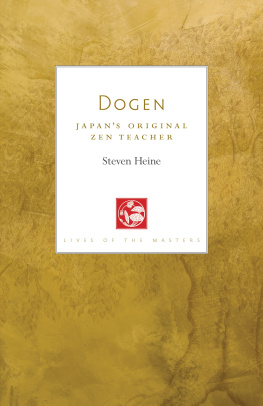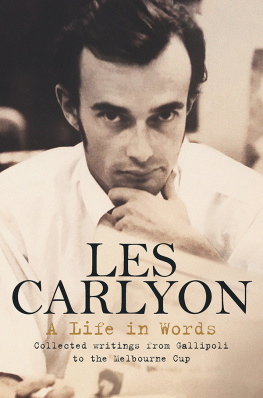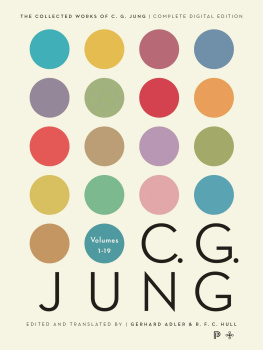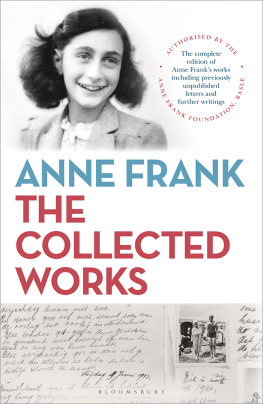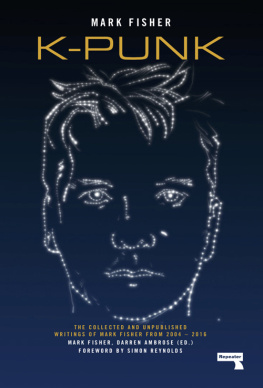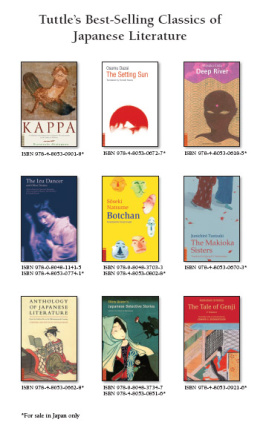COLLECTED WRITINGS OF BEN-AMI SHILLONY
This edition co-published by Japan library and Edition Synapse, 2000
Reprinted in 2004 by RoutledgeCurzon
2 Park Square, Milton Park, Abingdon, Oxon, OX14 4RN
Transferred to Digital Printing 2005
RoutledgeCurzon is an imprint of the Taylor & Francis Group
ISBN (Blacker) 1-873410-92-1 (vol.1)
(Cortazzi) 1-873410-93-X (vol.2)
(Shillony) 1-873410-99-9 (vol.3)
Vols. 1-3 ISBN 1-873410-96-4 (3-vols. Set)
All rights reserved. No part of this publication may be reproduced, stored in a retrieval system, or transmitted in any form or by any means, without prior permission in writing from the Publishers, except for the use of short extracts in criticism.
British Library Cataloguing in Publication Data
A CIP catalogue entry for this book is available from the British Library
Edition Synapse
2-7-6 Uchikanda
Chiyoda-ku
Tokyo 101, Japan
ISBN (Blacker) 4-931444-28-8 (vol.1)
(Cortazzi) 4-931444-29-6 (vol.2)
(Shillony) 4-931444-30-X (vol.3)
Vols. 1-3 ISBN 4-931444-27-X (3 vols. Set)
MY FIRST TWENTY-SEVEN YEARS had little to do with Japan, but had much to do with the world events that also shaped Japanese history. I was born in Tarnopol, at that time in Eastern Poland and now part of Ukraine, on 28 October 1937. My father, a graduate of a rabbinical school, was doing different jobs and dreaming to emigrate to Palestine. My mother was a teacher of Polish and Hebrew and worked for her living as a private tutor. When the Second World War broke out in September 1939, our part of Poland was occupied by the Soviets, while the rest was occupied by the Nazis. When Hitler attacked the Soviet Union in June 1941, my parents took their children and a few other members of the family and fled eastwards into Russia. Thus we were saved from the Holocaust, while all the other members of the family who had preferred to stay behind were killed by the Nazis. When Japan attacked Pearl Harbor in December 1941, we were already on a collective farm (kolkhoz) near the town of Ulyanovsk, the birthplace of Lenin (now it is called again by its pre-revolutionary name Simbirsk). Then my father was drafted into the Red Army and my mother went to work at an airplane factory. My sister and I attended the local kindergarten, playing under a huge portrait of Stalin, whose smiling and moustached face I greatly admired. As the school was far from where we lived, I was sent there only when I was eight and then went directly to second grade. By that time I had spoken four languages: my parents spoke to me at first in Polish and later in Yiddish, at kindergarten and school the language was Russian, and my mother also taught me Hebrew.
In 1946, a year after the end of the war, the Jewish refugees were allowed to return to Poland. Tarnopol had been completely destroyed and annexed to the Soviet Union, so we moved to another city, only to discover that anti-Semitism was still thriving in Poland. After a few months my parents decided to leave their hostile home country and to find a way to Palestine. As Palestine was then a under the control of the British, who restricted the entrance of Jewish refugees, we stayed for two years at a DP (Displaced Persons) camp near the city of Kassel in Germany. There I attended a Yiddish-Hebrew school, in which my mother and grandfather taught. The camp, of about two thousand people, was supported by the United Nations and ran its own affairs. My father was elected Vice President of the camp, and we had little contact with the surrounding German population. An exception that I can remember was a German music teacher who came to teach me to play the violin, something in which I have never progressed. At that time I decided that when I grew up I would become a poet or a philosopher.
Halfa year after the State of Israel was established in 1948, we moved there together with most other residents of the camp. We sailed from Marseilles in one of the big passenger ships which were carrying Jewish refugees to their ancient homeland. I remember well that November morning when we were all standing on the deck and gazing excitedly, with tears in our eyes, at the approaching coast of Haifa and Mt Carmel. For these people who until then had experienced so many hardships it was a dream come true. Israel was a new country, still bleeding from the wounds of the War of Indepence that had barely ended. Unlike most other new immigrants who were settled in urban areas, some of which had just been vacated by the fleeing Palestinian refugees, my Zionist parents preferred to join a kibbutz (collective village) north of Tel Aviv, where a relative of ours had been one of the founders. The blue sky, the yellow sand, the green pine trees, the smell of oranges, the sounds of cows and chickens, the communal children's houses and dining hall, the Hebrew songs, and the happy children chatting in Hebrew made me feel like being in paradise.
At school it was mainly Israeli and Jewish affairs that attracted my attention, then there were Europe and America beyond the seas, and only remotely after these were all the rest, including Asia. When the Korean War broke out in 1950, I was almost thirteen and read newspapers. I admired the gallant fighting of Douglas MacArthur and his courageous landing in Inchon, and decided to write a letter to the general to wish him victory. Together with another boy, we wrote a letter in Hebrew, addressed to General MacArthur, Seoul, Korea. We mailed it from the kibbutz post office but never got a reply. In 1952 Israel and Japan established diplomatic relations. Japan was the first country in Asia to do so, but I hardly noticed it. At that time India fascinated me with its spiritual message. I read the autobiographies of Gandhi and Nehru and the poems of Rabindranath Tagore in Hebrew translation, and corresponded with an Indian pen pal, who sent me a book to study Hindi, something which I thought I should one day do but never did.
The pacifism of Gandhi influenced me, and at the age of fourteen I and a friend from a nearby village established a Progress Movement to eliminate wars from the world. Although we spent many hours on planning, coordination and correspondence, the membership of our movement never passed the magic number of two. At the Tel Aviv high school which I attended, one of my friends was an Arab boy from a family in Jaffa which had preferred to stay when that city was annexed to Tel Aviv. At high school I focused on the humanities, which included history, literature and Jewish studies. The main foreign language was English, but I also took classes in French, Arabic and Italian. The school offered nothing on Asia, but at a nearby bookshop I bought a pocket book in English of the Tao Te Ching, which stirred my interest in Chinese philosophy.
In 1956, after finishing high school, I was called up for military service. Two months later the Sinai War, or as it is called in the West the Suez Campaign, broke out. I was sent to the front, where I served as a signal operator in a tank battalion. My battalion was among the first to enter the Sinai Peninsula, and although I myself did not take part in the fighting, I heard the noise of the firing tanks and saw burning Egyptian vehicles along the road. The battalion stopped not far from the Suez Canal where we set up camp for a few weeks. The Biblical desert, with its barren mountains, deep ravines, sun-baked sand and flint stones, made a deep impression on me and moved me to write impassioned poems. It was the same desert in which my forefathers had wandered for forty years after their exodus from Egypt more then 3,000 years earlier, and here I was standing on a spot that had hardly changed since then, taking part in yet another dramatic chapter of Jewish history.


